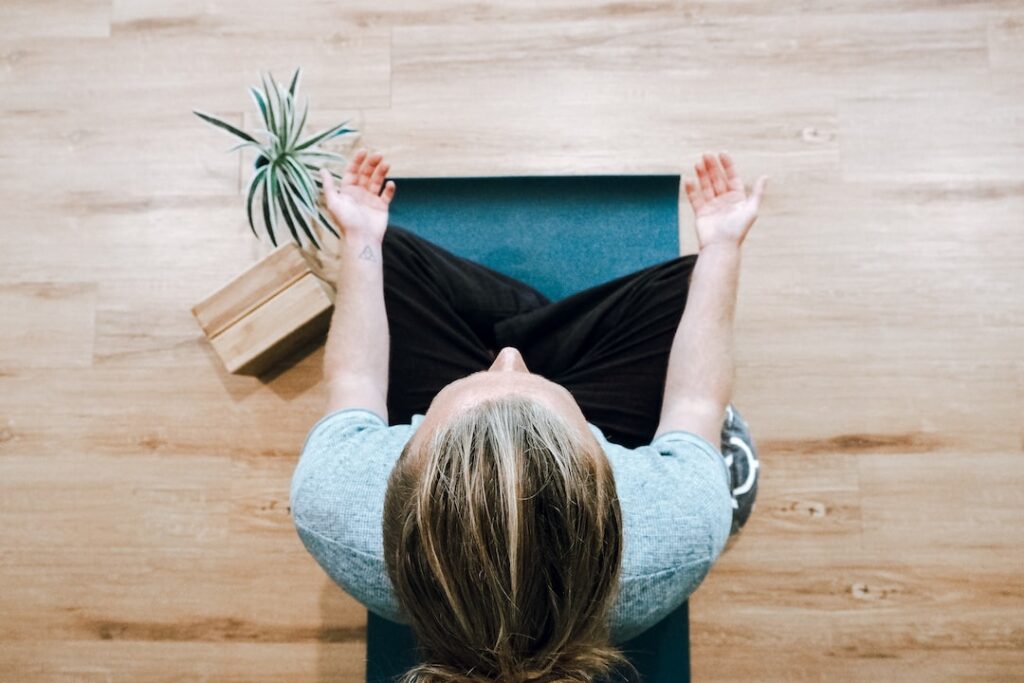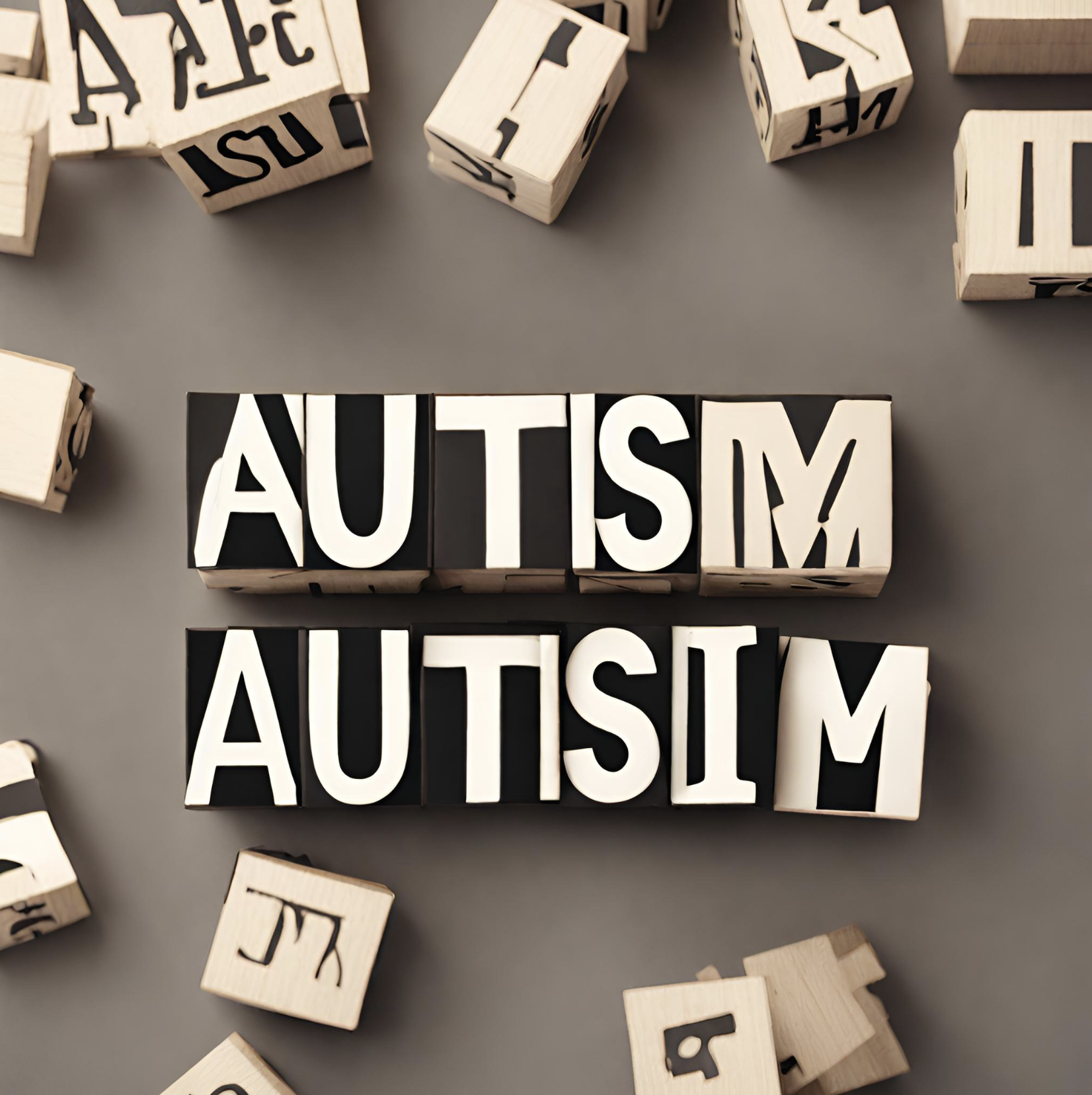Discover effective strategies and practical tips for managing anxiety and ADHD symptoms, including tools for organisation, coping strategies for daily life, and self-help techniques for individuals with ADHD and anxiety.
Overview of Anxiety Management in Individuals with ADHD
Anxiety is highly prevalent in individuals with ADHD, affecting around 50% of adults. Addressing anxiety symptoms is crucial for enhancing overall quality of life and daily functioning. Anxiety can significantly impact individuals with ADHD, exacerbating ADHD symptoms such as time blindness and emotional dysregulation. For example, individuals with ADHD may struggle with managing their time effectively and regulating their emotions when anxiety levels are high.
Moreover, the relationship between ADHD and anxiety is complex, with ADHD often intensifying anxiety symptoms due to challenges like poor working memory and impulsivity. This interconnection can lead to a cycle where anxiety worsens ADHD symptoms, creating a challenging environment for individuals. To manage this, individuals may benefit from cognitive-behavioural therapy (CBT) to address both core ADHD symptoms and anxiety-related issues. CBT can help individuals recognise and reframe negative thought patterns, providing them with practical tools to navigate through anxious moments.
Understanding the Relationship Between ADHD and Anxiety
The relationship between ADHD and anxiety is complex and often intertwined, as individuals with ADHD have a higher likelihood of experiencing anxiety disorders. This increased susceptibility is due to the unique challenges posed by ADHD, including issues like poor working memory and impulsivity, which can exacerbate anxiety symptoms. For example, the tendency to become overwhelmed by tasks and stimuli due to ADHD symptoms can trigger anxiety in various situations. Moreover, the constant struggle to maintain focus and complete tasks can fuel feelings of anxiety and stress in individuals with ADHD.
Moreover, the comorbidity of anxiety with adult ADHD underscores the importance of adopting holistic treatment strategies that address both conditions simultaneously. Integrated approaches that consider the interconnected nature of ADHD and anxiety can lead to more effective outcomes in managing symptoms and improving overall well-being. By recognising how ADHD symptoms can contribute to heightened anxiety levels, individuals can work towards developing coping mechanisms that target the root causes of their distress, ultimately enhancing their quality of life and daily functioning.

Practical Tips for Managing Anxiety and ADHD Symptoms
When it comes to managing anxiety and ADHD symptoms, practical tips play a crucial role in enhancing daily functioning. Utilising tools like wall calendars, colour-coding systems, and smartphone apps can significantly aid individuals in better organising their tasks and improving memory retention [1]. For instance, colour-coding different activities can help individuals with ADHD visualise their schedule more effectively and reduce feelings of being overwhelmed by a chaotic routine.
Additionally, breaking down tasks into smaller, manageable deadlines and incorporating time management techniques such as the Pomodoro Technique can assist individuals in staying on track and minimising anxiety levels. By dividing tasks into smaller steps and allocating specific time frames for each activity, individuals can prevent procrastination and improve their productivity. This structured approach not only helps in managing ADHD symptoms but also reduces the likelihood of feeling anxious due to looming deadlines and unfinished tasks. Moreover, implementing strategies to combat unhelpful thought patterns through techniques like reframing and creating designated areas for urgent tasks can empower individuals to maintain a sense of control over their responsibilities and minimise anxiety. For example, practising positive self-talk and designating a specific workspace for urgent tasks can prevent distractions and enhance focus, consequently reducing anxiety levels in individuals dealing with ADHD.
Coping Strategies for Daily Life
In addition to regulating emotions, establishing routines, and maintaining healthy habits, individuals with ADHD and anxiety can benefit from incorporating mindfulness practices into their daily lives. Mindfulness techniques such as deep breathing exercises, meditation, and grounding exercises can help individuals manage overwhelming emotions and reduce anxiety levels. For example, taking a few minutes each day to practice deep breathing can help individuals with ADHD and anxiety stay grounded and calm during moments of stress or anxiety.
Moreover, setting up a structured daily routine that includes designated time for work, relaxation, exercise, and self-care activities can provide a sense of stability and predictability for individuals managing ADHD and anxiety. This structured approach can help in reducing impulsivity, improving time management, and lowering stress levels throughout the day. For instance, creating a daily schedule that includes specific times for tasks, breaks, and leisure activities can help individuals with ADHD and anxiety feel more in control of their day-to-day responsibilities and emotions.
Furthermore, practising gratitude as a coping strategy can have a profound impact on the mental well-being of individuals with ADHD and anxiety. Taking time each day to reflect on and appreciate positive aspects of life , no matter how small, can shift focus from negative thoughts to positive experiences, promoting a more optimistic outlook and reducing anxiety levels. For example, keeping a gratitude journal where one writes down things they are thankful for daily can help individuals with ADHD and anxiety cultivate a mindset of gratitude and resilience in the face of challenges.

Self-Help Techniques for Individuals with ADHD and Anxiety
Incorporating self-help techniques into daily routines can significantly benefit individuals managing ADHD and anxiety. For instance, setting aside time for relaxation practices like yoga, meditation, or deep breathing exercises can effectively reduce stress levels and promote a sense of calm. Additionally, engaging in activities that encourage positive mental health, such as listening to music, practicing mindfulness, or finding moments of joy in daily life, can enhance overall well-being and resilience in the face of challenges. These simple yet powerful practices empower individuals to take an active role in their mental health and well-being, providing a sense of control over their symptoms.
Furthermore, establishing a structured routine that includes self-help activities can serve as a foundation for managing ADHD and anxiety symptoms. For example, creating a daily schedule that incorporates time for mindfulness exercises or engaging in hobbies that bring joy can help individuals maintain a sense of balance and stability. By prioritising self-care and mental health practices, individuals with ADHD and anxiety can build coping mechanisms that not only alleviate symptoms but also enhance their quality of life. Embracing these self-help techniques as part of a holistic approach to managing ADHD and anxiety can pave the way for long-term well-being and resilience in the face of daily challenges.
The Role of ADHD Coaching in Managing Anxiety
Individuals with ADHD often struggle with managing anxiety symptoms, and seeking support from an ADHD coach can be a game-changer in their journey towards better mental health. This strength-based approach to embracing and working with an ADHD diagnosis instead of battling against it, is an effective way to manage ADHD and anxiety. An ADHD coach plays a crucial role in helping individuals understand the connection between ADHD and anxiety, offering insights into how these conditions intertwine and influence each other. By shedding light on this relationship, individuals can gain a deeper understanding of their strengths and challenges, and work towards managing them with targeted strategies and support.
In addition, an ADHD coach can provide tailored strategies and techniques to address specific challenges faced by those with ADHD and anxiety. One way an ADHD coach can help is by assisting individuals in creating a structured routine that includes dedicated time for relaxation and stress management activities, such as yoga or mindfulness exercises. This personalised approach can aid in alleviating anxiety symptoms and improving overall well-being by fostering a sense of control and stability in daily life.
Moreover, an ADHD coach can assist individuals in implementing practical techniques to cope with anxiety on a daily basis. For example, they may help create a structured routine that includes mindfulness practices, exercise, and regular breaks to alleviate anxiety symptoms. By working closely with an ADHD coach, individuals can learn how to identify triggers, manage their reactions during challenging situations, and develop resilience in the face of anxiety-provoking events. This personalised approach can empower individuals to take control of their anxiety and ADHD symptoms, leading to improved overall well-being and quality of life.
An ADHD coach can work with individuals to identify triggers that worsen their anxiety and ADHD symptoms, helping them develop coping mechanisms to navigate through challenging situations. By incorporating strategies, techniques and positive self-talk practices suggested by the coach and client, individuals can reframe negative thought patterns and build resilience in the face of anxiety-inducing circumstances. This collaborative effort between the individual and the coach promotes a proactive approach to managing anxiety and ADHD, empowering individuals to take charge of their mental health and effectively cope with daily stressors. Seeking support from an ADHD coach not only provides practical tools and strategies but also offers a supportive environment for individuals to explore their concerns and work towards sustainable improvements in managing their conditions.

The Role of Medication and Therapy
Medication and therapy are vital components in the treatment of ADHD and anxiety, offering a multifaceted approach to managing these conditions. While medication is instrumental in alleviating the core symptoms of ADHD, therapy, particularly cognitive-behavioural therapy (CBT), is essential for addressing the intertwined anxiety symptoms that often accompany ADHD. For instance, individuals with ADHD may struggle with time blindness and emotional dysregulation, which can significantly impact their anxiety levels.
Moreover, the combination of medication and therapy has been shown to be highly effective in enhancing the overall quality of life for individuals grappling with ADHD and anxiety. In the case of ADHD, medication can assist in improving focus, impulse control, and hyperactivity, thereby reducing the stress and anxiety that these symptoms may trigger. Simultaneously, therapy, like CBT, equips individuals with valuable tools to challenge negative thought patterns, regulate emotions, and develop effective coping strategies for daily stressors.
By integrating medication and therapy into a comprehensive treatment plan, individuals with ADHD and anxiety can experience significant relief and improvement in their symptoms. Medication addresses the neurological aspects of ADHD, while therapy delves into the psychological and behavioural components, fostering a holistic approach to managing these intertwined conditions. Working in tandem, medication and therapy empower individuals to navigate through the challenges posed by ADHD and anxiety, enhancing their overall well-being and quality of life.

